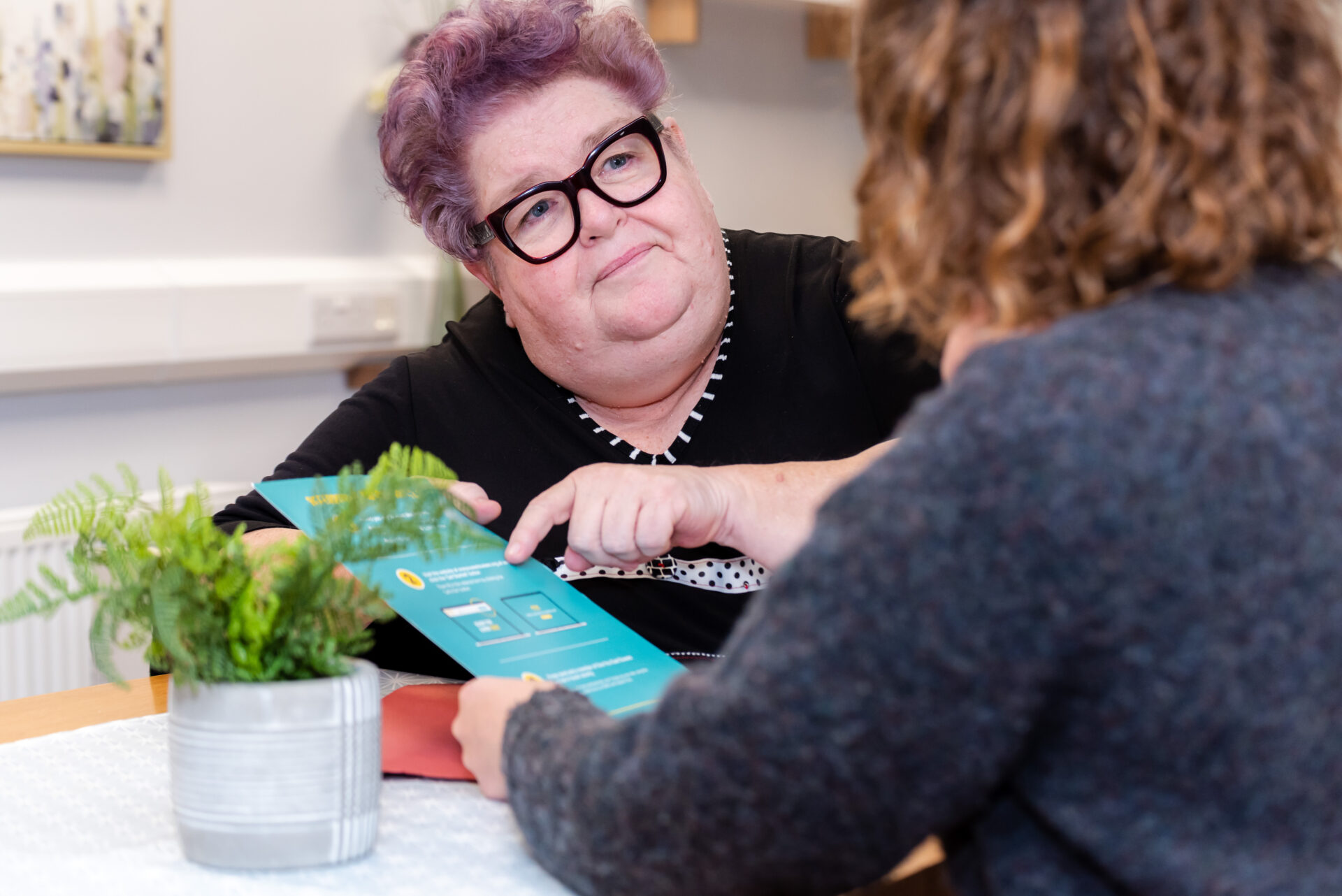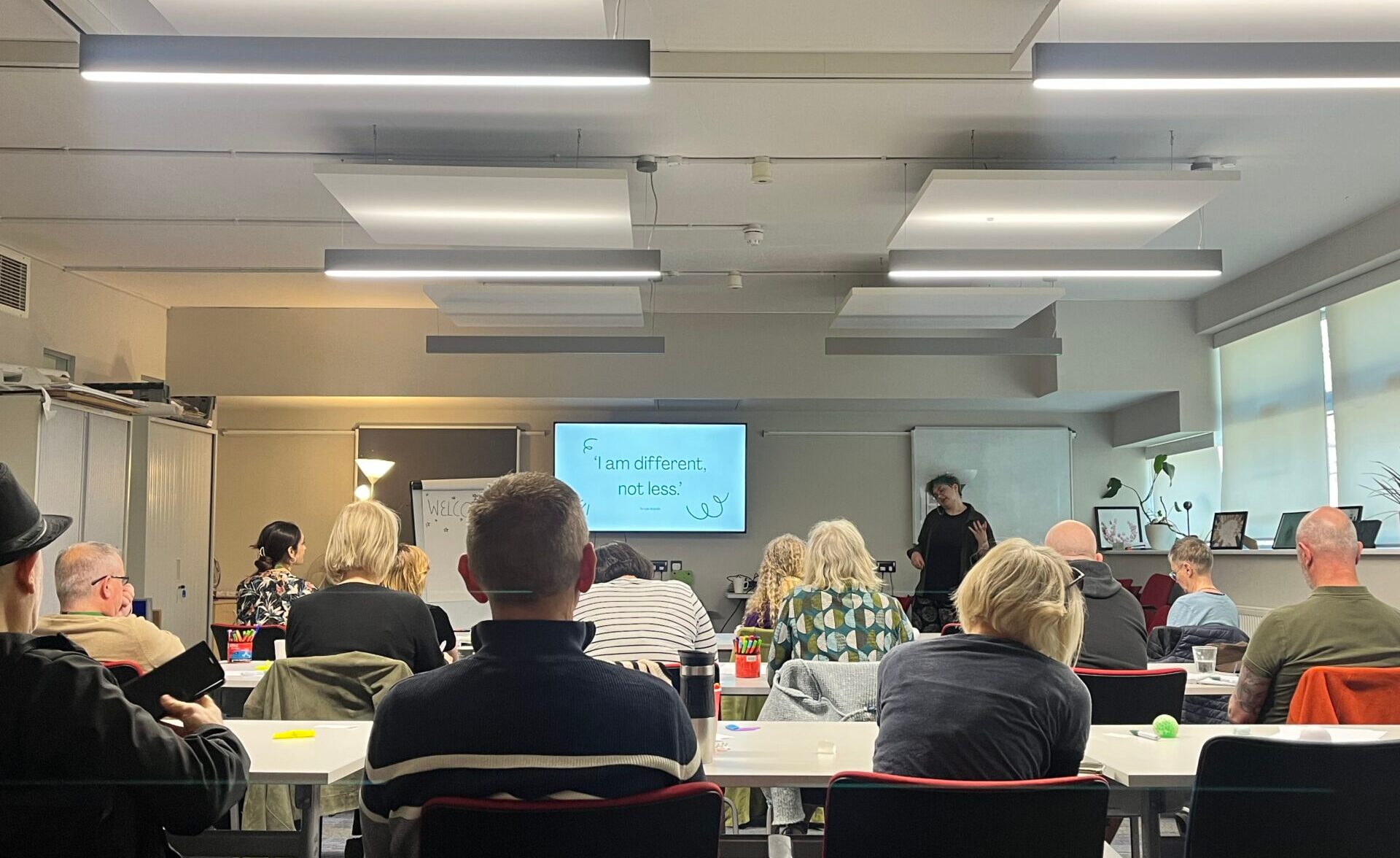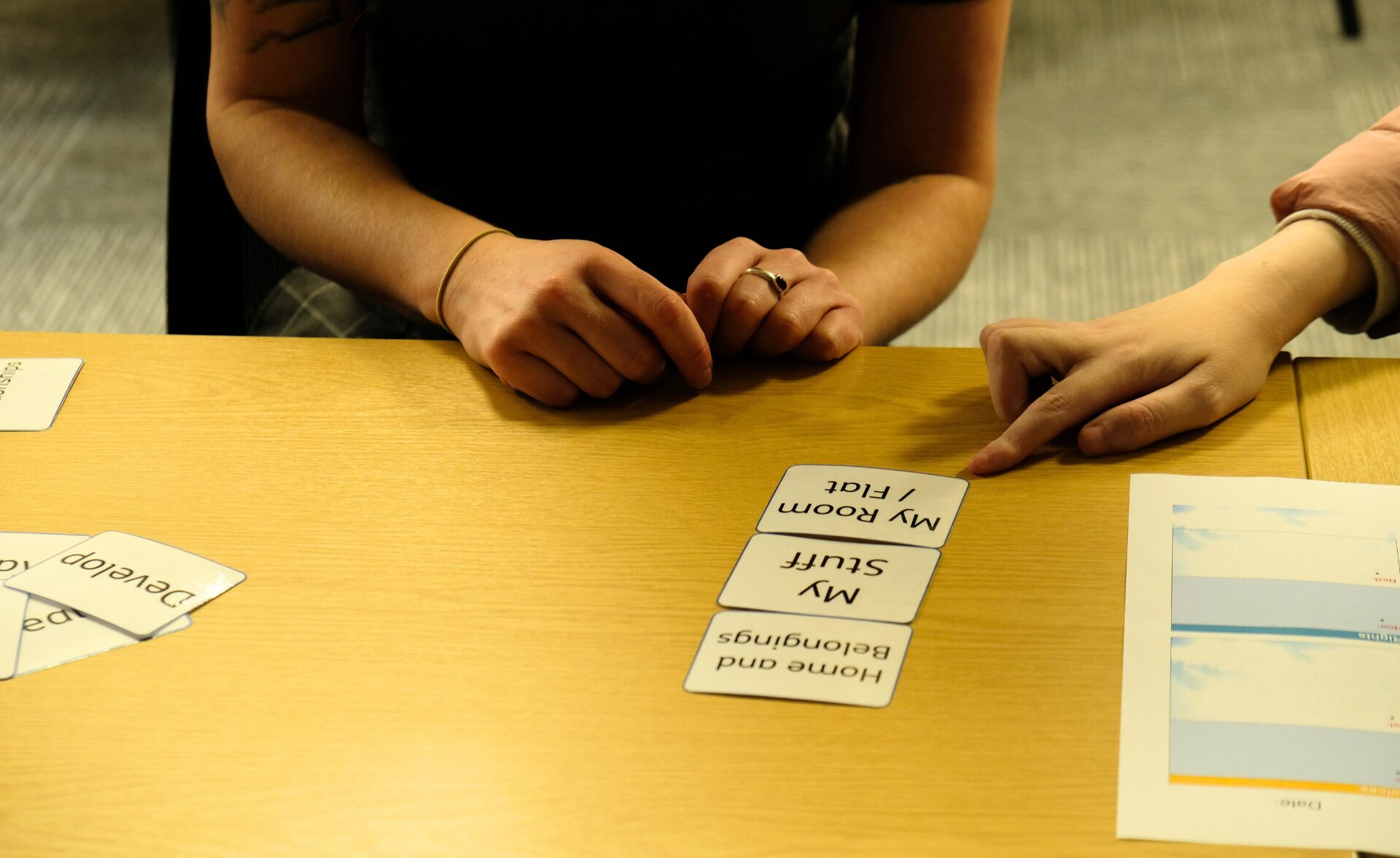Fair Funding & Contractual Arrangements For Community Mental Health Services
Posted on 16 February 2023
On behalf of the VCSE (Voluntary Community and Social Enterprise) sector across Sussex, appointed Reps, including Neil Blanchard, our Chief Executive, wrote to mental health commissioners to share the current challenges facing the sector and to ask that they are considered when planning and funding decisions for the 2023/34 financial year. The letter is part of Southdown’s ongoing commitment to doing what it can to support fair funding for fair pay and providing exceptional community support services.
Re: Market position update 2023 – Sussex VCSE Community Mental Health services
As we start the year, in our roles as nominated sector strategic representatives, we write to provide an update on the market position of VCSE community mental health services. The aim of this approach is to ensure that you are fully aware of the challenges facing the VCSE sector and respond to these when making funding and commissioning decisions for the 2023/34 financial year.
About the Sussex VCSE
Across Sussex there is a rich and diverse range of VCSE organisations with 4,473 general charities in Sussex and a further estimated 6,236 voluntary organisations, generating an income of £1.5bn. Of these, there are 257 voluntary organisations/charities linked to Mental Health and Wellbeing and 45 specific mental health organisations.
The sector ranges from very small grassroot organisations to larger organisations, some aligned to National Charities. There are three main VCSE commissioning partnership models across Sussex –
Lead Provider in Brighton ‘UOK’, ‘Pathfinder’ Alliance in West Sussex and a Main Provider model ‘Community Network’ in East Sussex, alongside multiple other contracting arrangements for delivery of specific services, including those for Children & Young People.
The VCSE have welcomed the opportunity to be actively involved in the Sussex Health and Care Integrated System over recent years, actively contributing to the development of its new structures and processes, including employing new roles in PCN and community settings to support service transformation. Although the sector remains committed to be an active partner, one of the key issues that is preventing further development, and remains unresolved by the system despite being continually raised by the VCSE, is the unsustainability of current contracting and funding arrangements, particularly at a time of unprecedented financial challenge.
External financial pressures
- CPI at 10.7% (Nov 2022)
- Real Living Wage increased from £9.90 to £10.90 (10.1%) from September 2022
- National Living Wage due to increase from £9.50 to £10.42 (9.68%) from April 23
- Bank of England interest rate 3.5% (Nov 2022)
- Utility cost inflation, with new fixed tariffs being quoted at up to 300% higher
- Insurance cost inflation with premiums haven rising for some providers by 160% since 2021
Impact of financial and demand pressures on the VCSE sector
Monthly research by the Charity Excellence Framework, assessing the resilience of the VCSE sector during the cost of living crisis, reported in December 2022 that
- 90% expect an increased workload for staff/volunteers
- 86% facing increased financial costs
- 86% have seen an increase in demand for their services
- 86% facing increased stress/impact on staff/volunteer mental health
- 76% expect to turn away beneficiaries in 2023
The research forecasts that the crisis will worsen during 2023 and only start to recover from mid 2024
Sussex VCSE workforce data
Alongside statutory organisations, workforce pressures pose one of the major risks and challenges to the VCSE. In November 2022, the VCSE Mental Health Transformation Team (dedicated VCSE
resources funded by NHS Sussex to support local delivery of the Long Term Plan for MH) conducted a survey to gather insight of the workforce issues and pressures for the sector. The survey was sent to 163 VCSE organisations, with 43 responses. The survey asked about current recruitment & retention issues and staff satisfaction rates.
Key findings:
- Majority of organisations completing the survey had less than 50 employees
- 74% of responders said that they were finding it challenging to recruit staff, 12% of which stating it was now ‘extremely challenging’
- When appointing new staff, more than half of new appointments do not have the skills and experience needed for the role and additional training is having to be provided
- The main reason for staff leaving is career progression or promotion, followed by the insecurity of funding / short contracts
- Ask what could be done to help enhance job satisfaction/ long term job sustainment within the VCSE sector, the most popular response was increased pay and longer, more secure contracting
Our requests for 2023
To respond to the issues outlined and to enable the VCSE to continue to act as a partner supporting community mental health system transformation, the following changes to the current commissioning and contracting arrangements are required:
Contracts and funding
- For all current contracts to receive a 5% uplift for 2023/24
- To move contracts to be based on an agreed initial (current) service cost, with future contract years (and extensions) subject to annual funding reviews based on inflationary pressures (ending static funding levels over the length of contracts)
- Where funding no longer covers service costs, for providers and commissioners to renegotiate revised service offer deliverable for the year ahead
- Any new contracts (wherever possible) to be minimum 5 years with +2 years extension options
At least six months’ notice given to end contractual terms or where ongoing funding will not be continuing. - Other procurement and contracting models are developed to enable quicker implementation and mobilisation of new investment and models e.g. developed alliance contracting arrangements and advance setting up of Framework Agreements of approved providers
Working together to resolve complex issues
As local strategic partners, we are committed to work with stakeholders to find solutions to the current challenges we all face. During 2022, the VCSE sector has had many positive conversations
with commissioners to discuss wider issues and we will continue to play a constructive and leading role at system level to consider collaborative ways to protect the VCSE provider market. That said, if the NHS system is truly committed to working with the VCSE as a vital strategic partner (which we constantly hear), there is an urgent need for those in leadership and commissioning roles to acknowledge and respond to the acute and increasing pressures facing our sector.
To enable us to have confidence that our request will be taken seriously, we would suggest that a meeting be scheduled with yourself and other key parties ahead of decisions being made for the
new financial year to explore the issues and consider solutions.
Yours sincerely
Strategic Lead Representatives on behalf of the VCSE sector
Katie Glover, Chief Executive, West Sussex Mind & West Sussex VCSE Rep
Neil Blanchard, Chief Executive, Southdown & East Sussex VCSE Rep
Rachael Swann, Chief Executive, Grassroots & Joint B&H VCSE Rep
Lisa Dando, Director, Brighton Women’s Centre & Joint B&H VCSE Rep
Sally Polanski, Chief Executive, Amaze & East Sussex CYP VCSE Rep
Rachel Brett, Director, Downslink YMCA & B&H CYP VCSE Rep
To find out more about our Mental Health services, please visit this page.




